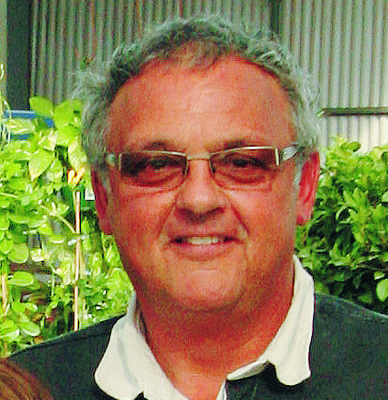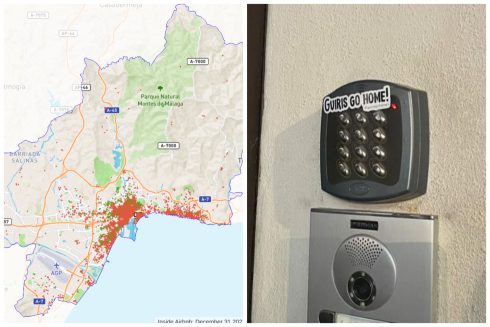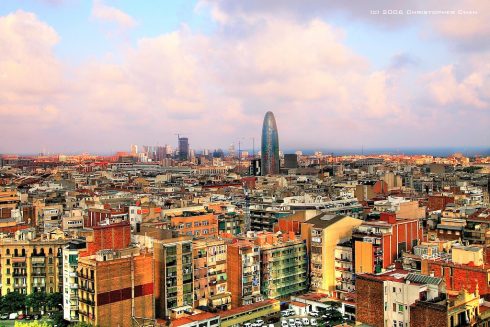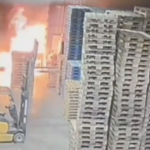By Peter Langdale
ON deciding what to write, I thought as the weather is non too good I would have a rant.
The subject of my displeasure is slightly attached to gardening as I hope to clarify some points related to commercial crop production in Almeria.
No doubt several of you read the extract taken from the book Bad Seed, which was featured a couple of weeks ago in the Olive Press, and highlighted the situation of migrant workers in Almeria.
In my opinion much of what was written was a load of b*****ks and did not reflect the immense professionalism of the majority of growers in Almeria.
This is not to say some abuse does not go on but this is not the norm. For somebody who has spent several weeks in a hippy commune, and by their own admission smoking copious amounts of dope, I do not feel they are justified in insinuating that the example they recount is typical of commercial production in Almeria.
Like any good woolly pulley wearer or green supporter, the writer considers the plastic a blot on the landscape. Possibly they would like to turn the clock back 50 years and still have the South east of Spain as a barren desert and completely impoverished.
The development of advanced growing systems and plastic structures has turned Almeria into a power house of European food production.
The development of horticulture has given much needed work to thousands of people and generated much income and tax revenue for Spain and helped maintain the social fabric of a developing country.
The writer also comments on the use of chemical fertilisers. The application of mineral fertilisers is far safer to the consumer than the risk of bacterial contamination from some organic or animal manure fertilisers.
The dosification of nutrients is a very exact science and usually controlled in protected cropping by sophisticated computer driven equipment.
Chemical synthetic pesticides: The use of synthetic pesticides and subsequent residues are rigorously controlled and in many cases safer than some natural pesticides used in organic crop production.
A large percentage of the protected cropping area of Southern Spain follows the disciplines of integrated crop protection with the use of natural predators and minimal chemical intervention.
Genetically modified crops: These are not grown as most European retailers still do not accept varieties of fresh produce that have been genetically modified.
Labour use and employment regulation: As most of the large exporters sell to the big European markets and retailers, it is usually a pre-requisite that they and their nominated growers are audited as ethical labour employers.
As an exporter myself we are constantly audited on all aspects of our production and labour usage, and failure to comply and subsequent loss of certification would be a disaster for our business.
I appreciate that a certain sector of society frowns on factory farming. The reality is that factory farming can be ethical and within Europe works within the bounds of environmental restraints.
Modern production methods have given the readers of this publication year round availability at a very affordable price.
As a foot note to all the above I welcome the writer of Bad Seed to take me to task and see if we as growers in Southern Spain deserve the poor opinion of us or alternatively that we can demonstrate the contrary.
Next time around I will try and come up with some gardening tips and recommendations.












Sounds hunky-dory. Except for dolphins, turtles etc. choking on discarded/carelessly disposed of plastic. Tomatoes that are “pure” water. Strawberries that taste of nowt. A water table that gets deeper and closer to sea water. Prices kept artificially low by semi-slave labour. A sea of plastic that doesn’t just blot the landscape, but obliterates it entirely.
What’s not to like? Can’t wait for the gardening tips……